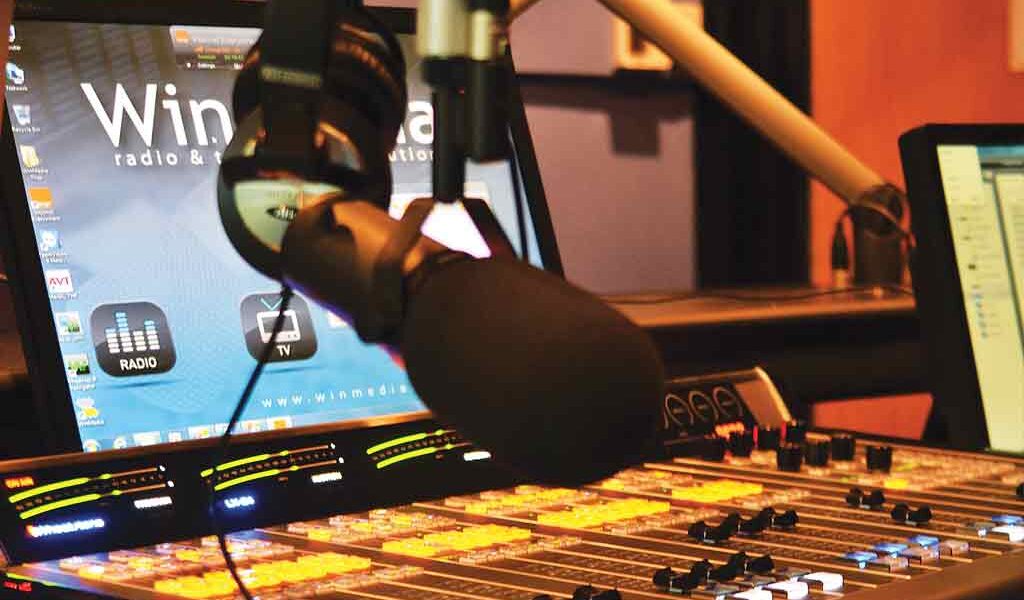- BOCRA says there is enough local content and broadcasters/operators can meet quotas
- “Radio stations who do not comply could face heavy penalties” Bathopi Luke
LAME BOGATSU
Botswana Communications Regulatory Authority (BOCRA) says it will, in July, implement enforcement regulatory measures which will ensure that broadcasters comply with local content quotas set for radio and television stations.
In an interview with TimeOut at the just ended Local Content and Broadcasting workshop they organized, BOCRA Broadcasting and Compliance Monitoring Director Bathopi Luke, said they now believe there is enough local content which broadcasters can meet and even go beyond. “We could have done this a long time ago, but we believe we were trying to grow the industry because we recognized that there was lack of content. We noticed that operators have different target markets and they had previously communicated that some of the challenges they had were that there was not enough local content for their type of markets.”
Now that the local entertainment industry has grown, Luke believes broadcasters like Gabz FM and Yarona FM will be able to live up to their licensing requirements: “In the past the issue with Gabz FM was that there was not enough local content to cater for their adult contemporary market. But times have changed, and following much interaction with the creative industry, we believe local content exists for our broadcasters and operators to meet these quotas and even go beyond them.”
While he is adamant that they will implement enforcement measures in July, Luke could not, however, disclose penalties for which radios and tvs will be charged if they violate BOCRA regulations. “We are still trying to define the frame work of the charges. In July we will be in a position to say that if one does not meet the quota by this much percentage, what will be the penalty.” He nonetheless emphasized that non compliant licensees would face “heavy” penalties.
Luke however expressed concern that while there was enough local content, there was still “a gap” between broadcasters and content producers. “We know content exists but then the issue becomes who takes that content to the operators? That is something that needs to be addressed also to ensure that there is never an issue of lack of local content,” he said.
Currently, BOCRA expects radio stations to playlist 40% of local content while only 20% has been set for television stations. Luke however says following recommendations from their workshop, they are open to re-adjusting quotas to 50% for radios.
“One of the recommendations is that we need to review our original quotas because now unlike in the past when we first licensed operators, local content exists. But in order for us to change this quota, we have to go through the proper consultation processes and ensure that indeed we can manage to meet this target,” he said.

